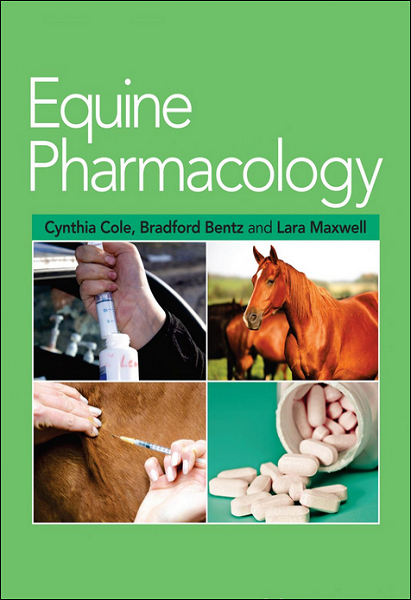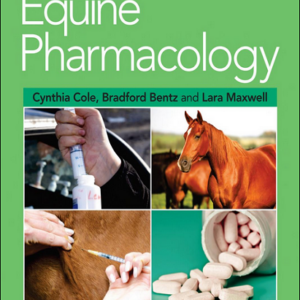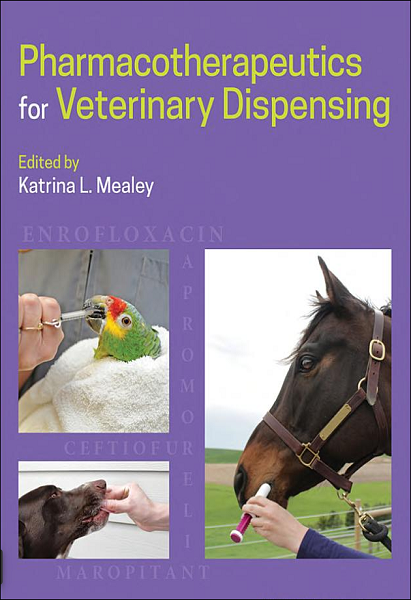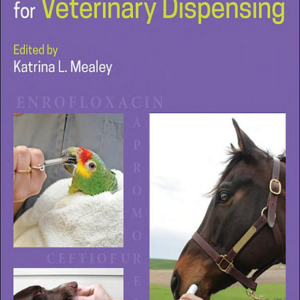Category: Pharmacotherapy
Pharmacotherapy
Pharmacotherapy in horses and equids involves the use of medications to treat, manage, or prevent diseases. Due to their unique physiology and sensitivity, equids require tailored approaches in drug selection, dosage, and delivery.
💊Common Drug Classes used in equides include:
– NSAIDs (Non-Steroidal Anti-Inflammatory Drugs)
– Antibiotics: Bacterial infections (respiratory, wounds, etc.)
– Corticosteroids: Allergic reactions, inflammation, autoimmune conditions
– Anthelmintics: Deworming and parasite control
– Sedatives/Tranquilizers: Use for Handling, minor procedures, transport
– Hormonal Agents: Endocrine disorders, reproductive management
– Gastroprotectants: Prevention/treatment of gastric ulcers.
🧠 Key Considerations:
– Pharmacokinetics: Horses have a large hindgut and unique metabolism, affecting drug absorption and elimination.
– Weight Estimation: Accurate dosing requires proper weight estimation, often using girth and body length formulas.
– Species Sensitivity: Donkeys and mules may metabolize drugs differently than horses—dosing adjustments are often necessary.
– Side Effects: NSAIDs can cause gastric ulcers; antibiotics may disrupt gut flora; corticosteroids can suppress immunity.
– Regulatory Compliance: Especially important in performance horses—many drugs are restricted or banned in competition.
Showing all 3 resultsSorted by latest
Pharmacotherapy in horses and equids involves the use of medications to treat, manage, or prevent diseases. Due to their unique physiology and sensitivity, equids require tailored approaches in drug selection, dosage, and delivery.
💊Common Drug Classes used in equides include:
– NSAIDs (Non-Steroidal Anti-Inflammatory Drugs)
– Antibiotics: Bacterial infections (respiratory, wounds, etc.)
– Corticosteroids: Allergic reactions, inflammation, autoimmune conditions
– Anthelmintics: Deworming and parasite control
– Sedatives/Tranquilizers: Use for Handling, minor procedures, transport
– Hormonal Agents: Endocrine disorders, reproductive management
– Gastroprotectants: Prevention/treatment of gastric ulcers.
🧠 Key Considerations:
– Pharmacokinetics: Horses have a large hindgut and unique metabolism, affecting drug absorption and elimination.
– Weight Estimation: Accurate dosing requires proper weight estimation, often using girth and body length formulas.
– Species Sensitivity: Donkeys and mules may metabolize drugs differently than horses—dosing adjustments are often necessary.
– Side Effects: NSAIDs can cause gastric ulcers; antibiotics may disrupt gut flora; corticosteroids can suppress immunity.
– Regulatory Compliance: Especially important in performance horses—many drugs are restricted or banned in competition.





